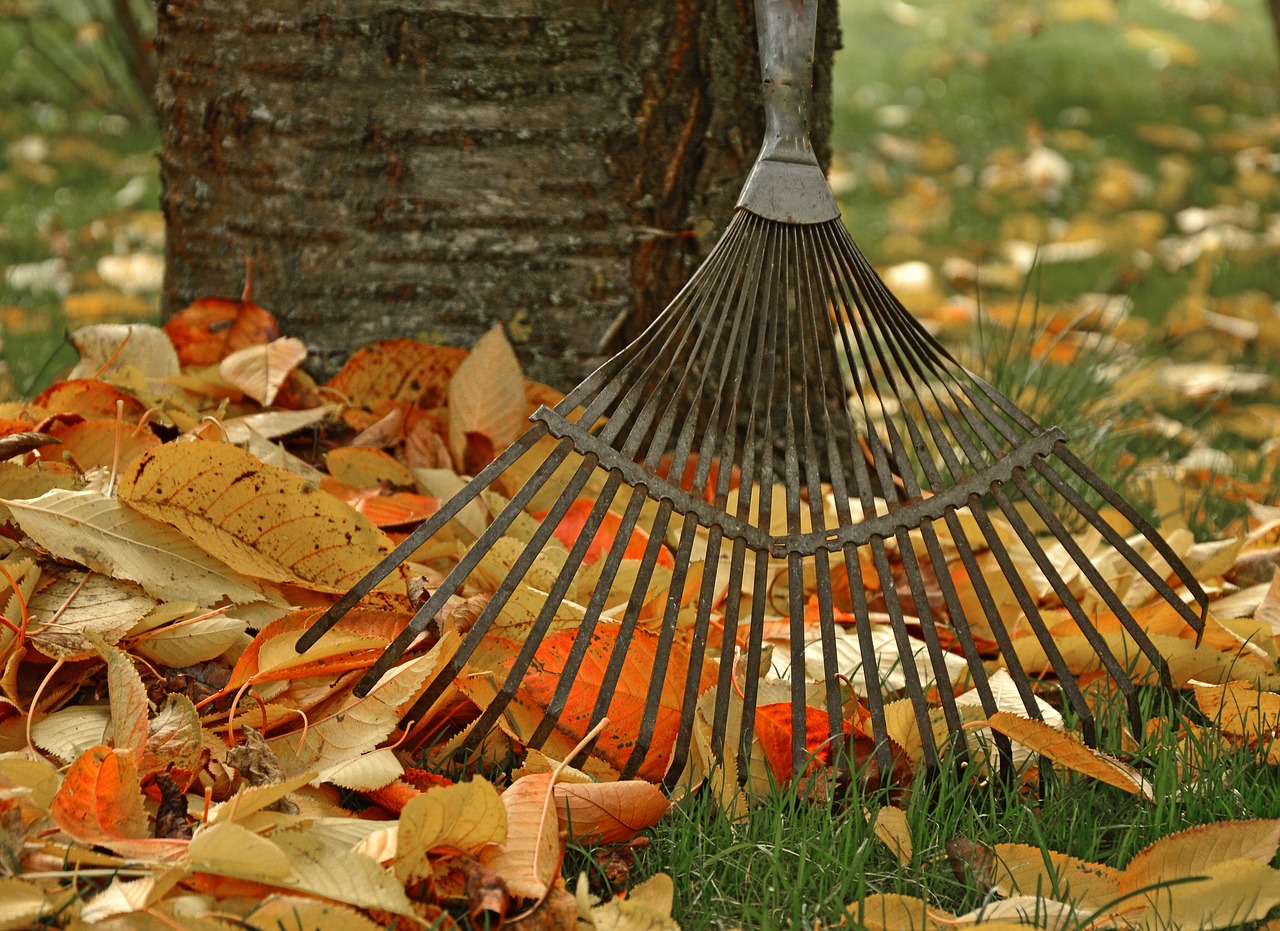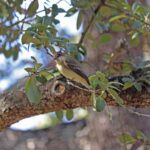There is no such thing as normal weather in Austin, which means we have to be prepared for everything. We do know, however, that colder weather is here which means frost damaged plants, fallen tree limbs and sprinkler leaks if we are not prepared.
Prepare now for the worst the winter season can bring and enjoy a worry-free winter.
1 Insulate with mulch
Mulch is probably the most important thing you can do to winterize your garden. During a Texas winter, one day can be freezing and the next balmy and warm. Mulch insulates against these temperature extremes by keeping roots at a stable temperature, protecting them from the damage of rapid freezing and thawing.
Place a 2 to 4-inch layer of mulch over flowerbeds and at the base of shrubs and trees. Added benefits of the mulch is protection against weeds and enrichment of the soil as organic nutrients in the mulch break down.
2 Prepare for the first freeze
Overnight freezes do not typically give a lot of warning. Prepare now to ensure that you are not taken by surprise with broken sprinklers, damaged plants and cracked pots. Note, in Central Texas, the first freeze typically occurs around November 27th.
- Reset and check irrigation – Reduce your irrigation system for winter watering, once every 7-10 days before the freeze. Watering is important since dehydrated plants fare worse during a freeze. This is also a good time to have your system checked to make sure no small problems become big issues. And before a freeze, remember to water everything well and then turn off your system. The addition of a freeze sensor might be a wise consideration.
- Bring in potted plants – As temperatures drop below 45 degrees, bring in all delicate and tropical plants. Placing pots on rollers now will make the task a breeze.
- Have plant covers ready – For all outdoor plants, like newly planted trees and shrubs or delicate perennials, have a supply of plant covers and windbreaks on hand. Remember plant covers are less expensive than replacing a plant or tree. You can learn more here
3 Clean up and trim up
Before laying down or replenishing mulch, this is good to clean flowerbeds of weeds and debris. Over the course of a wet winter, these can become sources of mold, pests and pathogens which will damage your valuable plants. This is also the season to divide perennials and trim any branches which can damage your house during a freeze.
4 Overseed your lawn
A reminder that if you wish to prevent spring weeds while enjoying a green lawn all winter, this is the time to overseed with perennial rye seed.
5 Improve your soil without fertilizer
We do not recommend fertilizing late in the season because fertilizer encourages growth, and this is a time of dormancy or slowed growth for many plants. However, for hardy plants that grow throughout the winter and to improve your soil for spring growth, these are natural strategies to consider.
- Compost – For tired flowerbeds or exhausted vegetable gardens, this is a good time to place a layer of compost below your mulch. It will add quality nutrients that enrich the soil all winter.
- Liquid seaweed – Spraying liquid seaweed protects plants from fungus and disease and also strengthens them against temperature extremes. Spray it once every two weeks. It is suitable for all plants including fruit trees and indoor plants.
- Overseeding – We just mentioned the benefit of overseeding with rye to enjoy a green, weed-free lawn, but the overseeding will also fortify the soil of your lawn for a healthy spring lawn.







